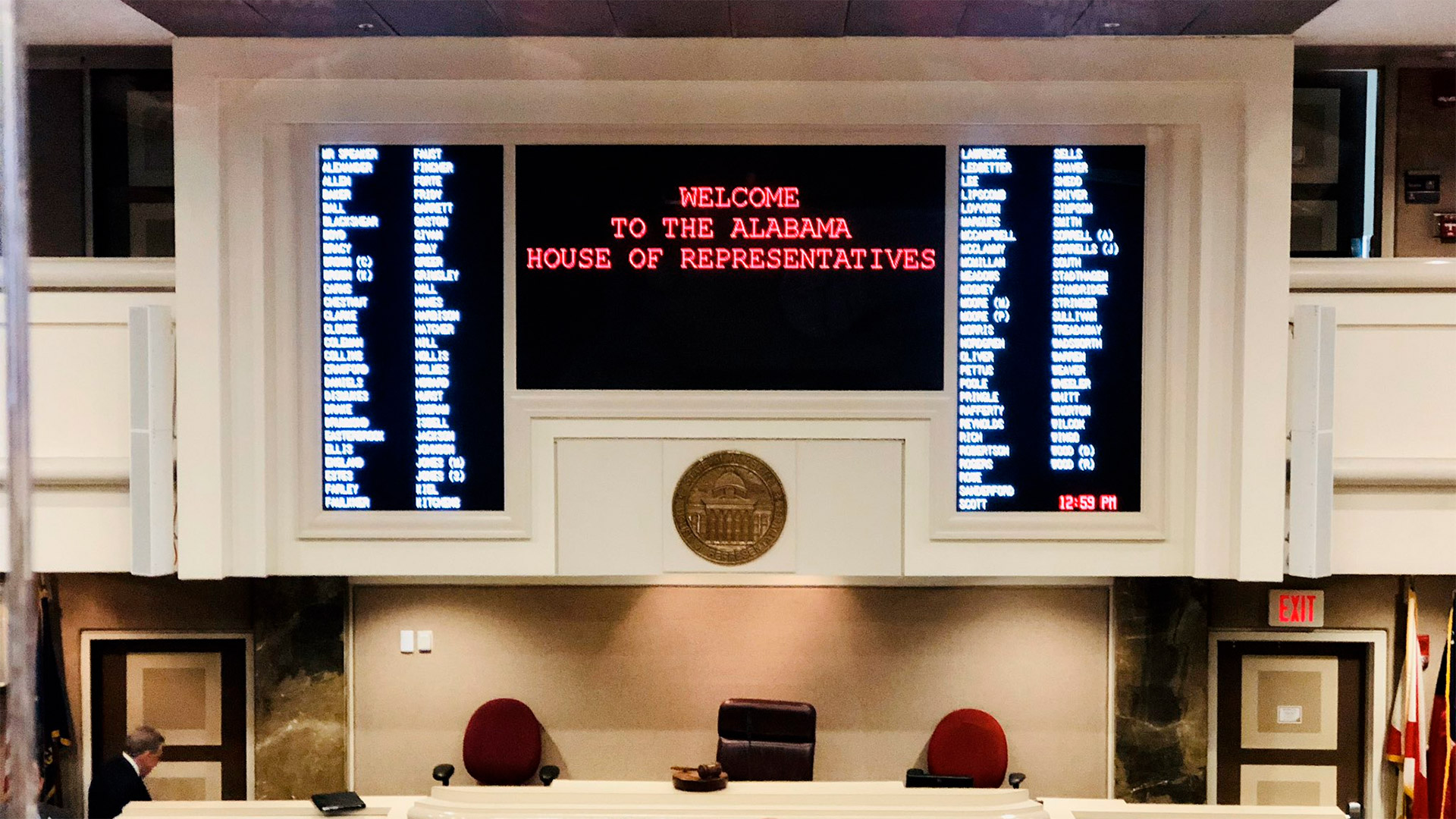An Alabama legislative committee advanced on Thursday a lottery proposal seeking to get the issue before voters for the first time in more than 20 years. The proposed constitutional amendment and related enabling legislation were approved by the House Tourism and Economic Development, with the bills now headed to the full House of Representatives.
No lawmakers opposed the bills on Thursday but at least two abstained. Bill sponsor Republican Rep. Chip Brown described it as a top issue, given many Alabamians now must drive across state lines to buy tickets: the Yellowhammer State is one of five without lottery in the country.
“The people of Alabama have been playing the lottery for years. We’ve just been playing it in other states. So it’s time we kept that money in-state and helped out the children of the state of Alabama,” Brown said, according to Associated Press.
However, with just seven meeting days remaining in the legislative session, the proposal’s odds of passage might not be the best for final approval. The main bill, a constitutional amendment, would require approval by three-fifths of representatives and senators.
Brown is still hopeful a vote could come in the final week of March, once lawmakers return from spring break. Afterward, the final say would go to ballot voters: no lottery bill has made it through the Legislature since 1999.
“I like our chances,” Brown said, according to Alabama.com. “This came from members of the House that want to allow the people of their districts to have the ability to vote on this. So by bringing this bill we are sending the message that we want the people of Alabama to vote on this. We have time to do this and I expect to get on the floor and get it out.”
The legislation calls for lottery proceeds to be used primarily to provide scholarships for two and four-year colleges. The two-year scholarships would be capped at $2,500 or less, while the amount of the four-year scholarships would be determined by lottery proceeds and the number of eligible recipients.
A Legislative Services Agency estimated the lottery could generate $198 million to $285 million annually. The legislation would also direct money to dual enrollment for high school students in community colleges, a repayment program for student loans, bonuses for education retirees, and agricultural programs for high school students.
The proposal would lead to the creation of a nine-member commission to supervise the lottery, which would be granted the ability to approve intrastate and multi-state lottery games and instant games. Tickets would be sold at licensed retail outlets. The plan currently has 12 Republican co-sponsors in the House.
The House lottery bill was also introduced as a separate proposal in the Alabama Senate. However, the proposal, which under its Senate version would also allow eight casinos with table games, has so far stalled there amid divisions over sites and entities eligible for licenses.
“I don’t know that there’s an appetite right now in the House for full-blown casino gaming,” Brown admitted, according to Alabama.com. “So by bringing a lottery I’ve listened to my other fellow members of the Legislature and I’ve listened to the public. And the people in my district and the people of other districts across the state of Alabama want the opportunity to vote on a lottery.”



